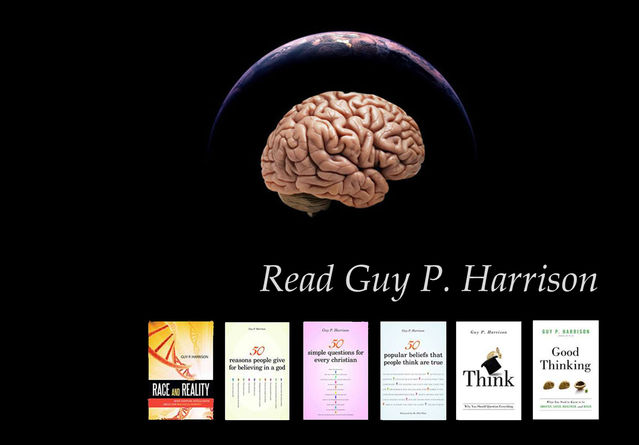Race and Ethnicity
The American Race Problem
Looking back to see the present and fix the future
Posted July 12, 2016

In the wake of white police officers shooting black men and a black man shooting Dallas police officers, America once again finds itself focused on its black-white problem. This tangled, thorny issue becomes hot and visible to all when dramatic and deadly events happen, but it is always there. America’s race problem does not come and go to feed the needs of cable news networks. It only seems this way to people who are not paying attention. American racism will never end until most Americans confront the uncomfortable truth that their society is a race-obsessed powder keg of a country in need of a social and psychological overhaul.
Regardless of the facts, some black people assume that racism is a factor in every one of these media-highlighted police shootings. Regardless of the facts, some white people assume that racism is not a factor in any of these media-highlighted police shootings. But what makes matters worse every time is that most white Americans seem to have little understanding of how black Americans are linked to their past. The words of far too many whites today reveal that they have no idea why some black men might feel tense, defensive, and even afraid for their lives when interacting with police officers. The horrific and well-documented treatment of black men by those in power throughout American history somehow escapes their consciousness. However, the effects of this bloody and unjust past do not vanish because some choose to ignore it.
"The words of far too many whites today reveal that they have no idea why some black men might feel tense, defensive, and even afraid for their lives when interacting with police officers."
The sad truth is that the madness will never end until America confronts its black-white problem with honesty and courage. This might have happened in the beginning when the Constitution was written. But for all the collective genius and creativity of the Founding Fathers, they were not smart enough, courageous enough, or moral enough to do it. Accepting slavery in the new United States of America and legally declaring black people to be three-fifths human in the Constitution was not a good start. It was a promise in writing for peril and problems to come.
A solution might have been found in 1865 when the Civil War ended. That quiet moment after so much upheaval, death, and destruction could have been the ideal opportunity to put America’s house in order. But it did not happen. Instead, postwar segregation and Jim Crow laws only guaranteed that the pain and the hate would roll on.
Too many white Americans today accuse black Americans of being crybabies. Slavery and legalized segregation are behind us, they say, and a black man made it to the White House, therefore racism has run its course. This kind of shallow and delusional thinking only ensures continued conflict and miseries. Acknowledging the impact of history is not the same as coddling or excusing. The past shapes the present, as the present shapes the future. The race problem will endure until Americans accept that their history is written into today’s headlines.
"The race problem will endure until Americans accept that their history is written into today’s headlines."
I recently spoke with someone who did not know that black men in the 1900s were often murdered in celebratory public events that were led or condoned by local law enforcement. How can any person who is ignorant of this past – or in denial about it – hope to find answers to America's present race problem?
No history, no solutions.
–Guy P. Harrison is the author of six books, including Race and Reality: What everyone should know about our biological diversity and Good Thinking: What you need to know to be smarter, safer, wealthier, and wiser



